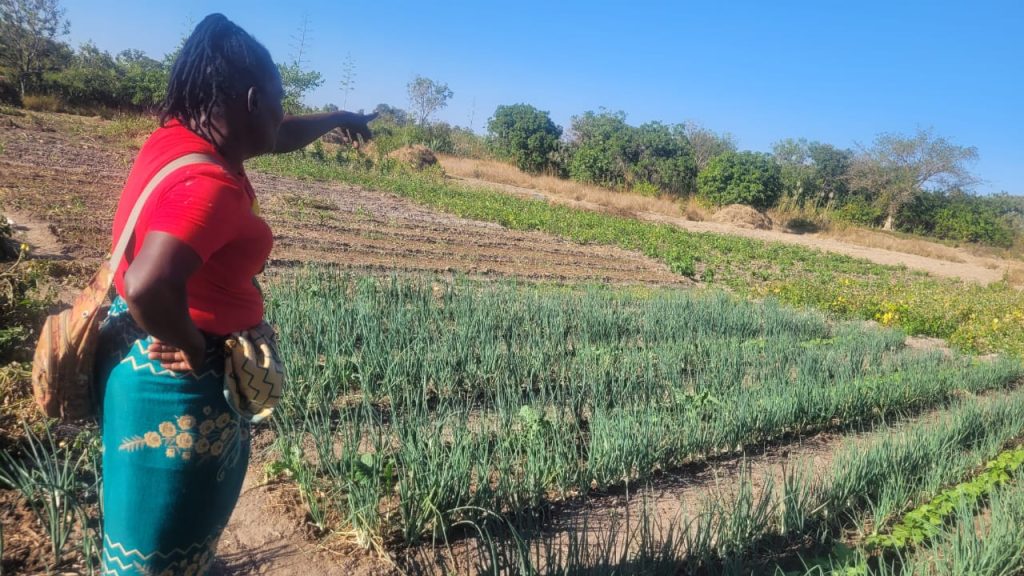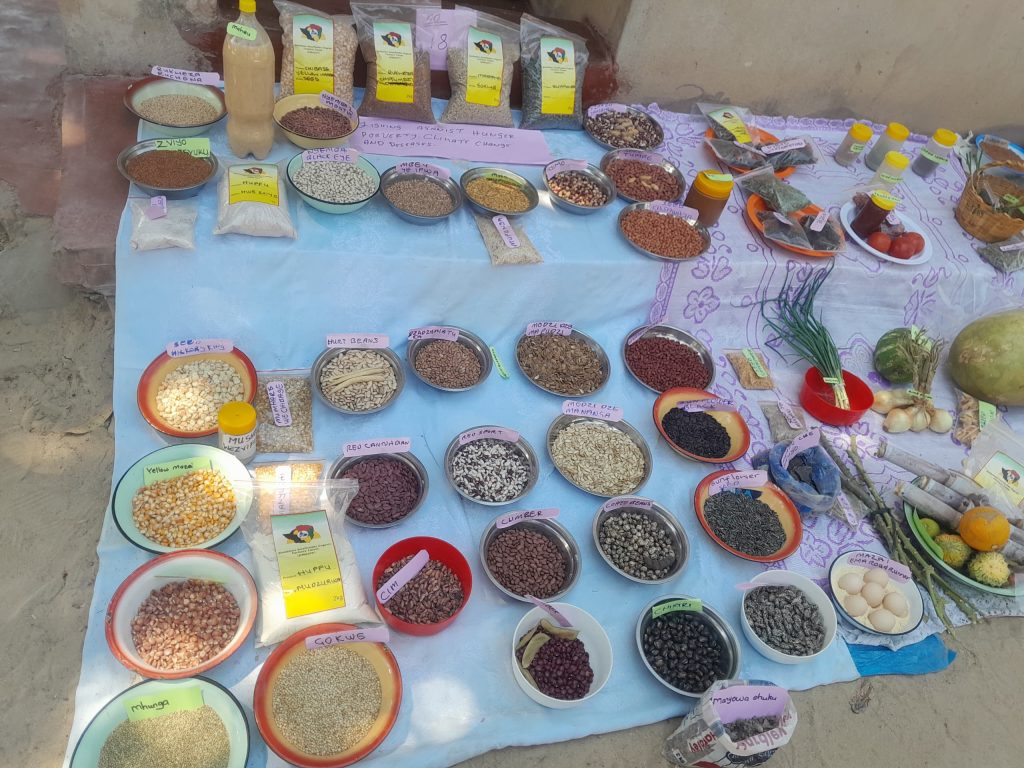By Lloyd Rabaya
Farmers have been urged to avoid naming different types of rainfall, especially in times when reliable rainfall is not guaranteed due to climate change.
This came out last week in Kawere village, Mutoko, about 170 km from the capital, when the Zimbabwe Smallholder Organic Farmers Forum (ZIMSOFF) held their farming competitions to select representatives for the National Seed Fair in Harare on September 13-14.
Speaking at the event, Mutoko farmer Lovemore Kagogoda (42) encouraged fellow smallholder farmers to plant their seeds even with the first effective rainfall, as the traditional grains they use do not require much rain to grow.
“We should use the first effective rain. If it rains from October 5th, it can be used, but we see that others are giving names to the rain which we can use to grow our crops,” he said.
Despite the rainfall season typically starting in October, most farmers plant their crops around November. However, due to climate change, rainfall patterns have become unpredictable.
Charles Makuwa, who came third in the competition, said he had stopped naming rainfall once he noticed its unpredictability.
“Even with the rain that we used to call Gukurahundi, we noticed that we could grow our crops from it. The habit of naming rainfall holds us back, and we will not harvest anything if we do not use every drop wisely and implement water harvesting techniques,” he said.
The farmer who came first, Marova Moyo, agreed with Kagogoda and added that due to climate change, rainfall is decreasing each year, and waiting for the second or third rainfall will be a loss to the farmer.
“We have to utilize every drop because it might not rain as much as you will be anticipating. With agroecology, you do not have to wait for the perfect rainfall,” she said.
Moyo also urged other smallholder organic farmers to implement water harvesting, mulching, and intercropping among other agroecology practices to ensure maximum utilization of moisture.
Last year, across Zimbabwe, most farmers did not have a good harvest due to low and erratic rainfall caused by the El Nino effect. President Emmerson Mnangagwa subsequently declared drought a state of national disaster.
“Our family is food secure because we planted with the first rain while others were waiting for more. Agroecology has really helped us because no matter how little the rain is, we will always have enough food,” Moyo added.
ZIMSOFF Northern Cluster Field Officer Ngoni Chikowe acknowledged that climate change is affecting smallholder farmers who rely on rain-fed dryland farming practices, but the agroecology techniques they promote will help them have enough food.





